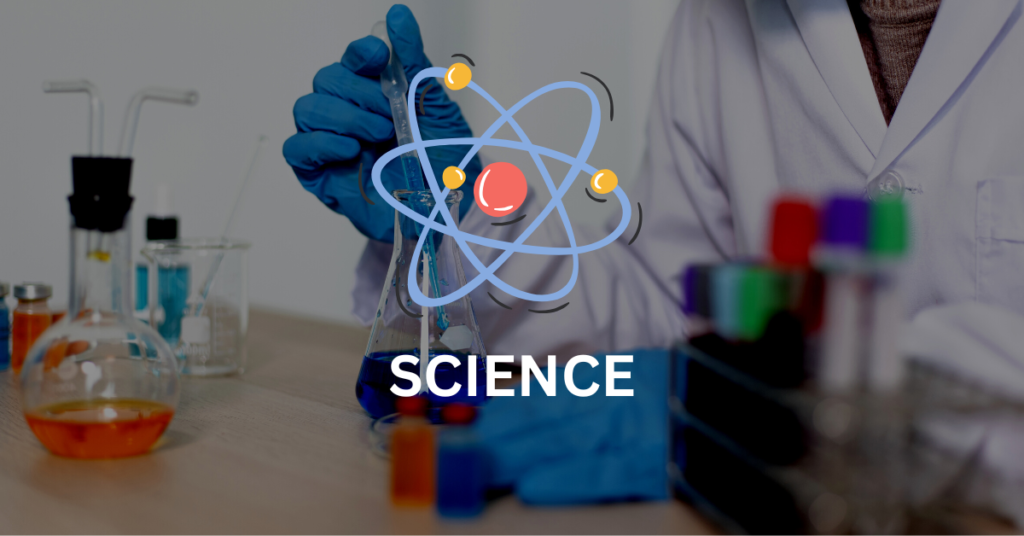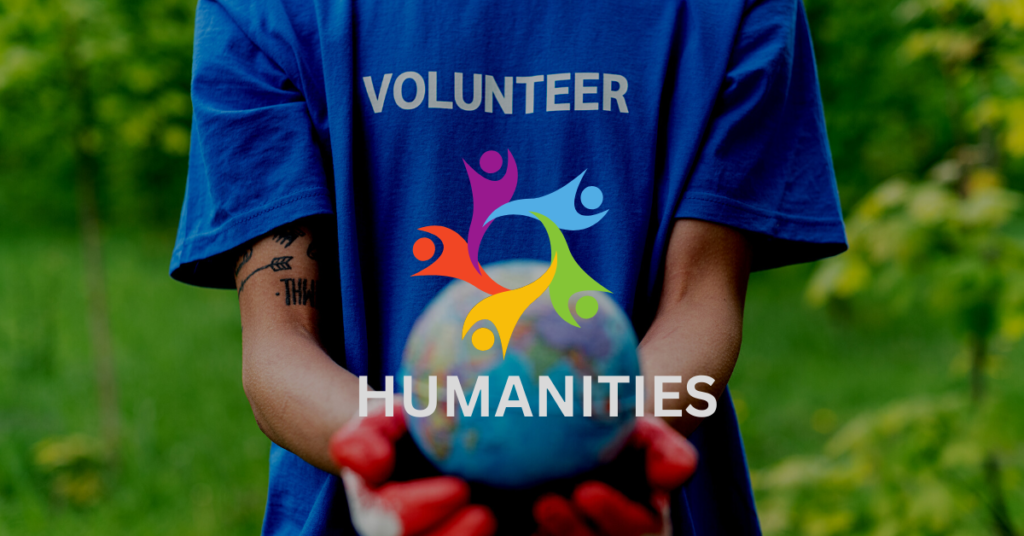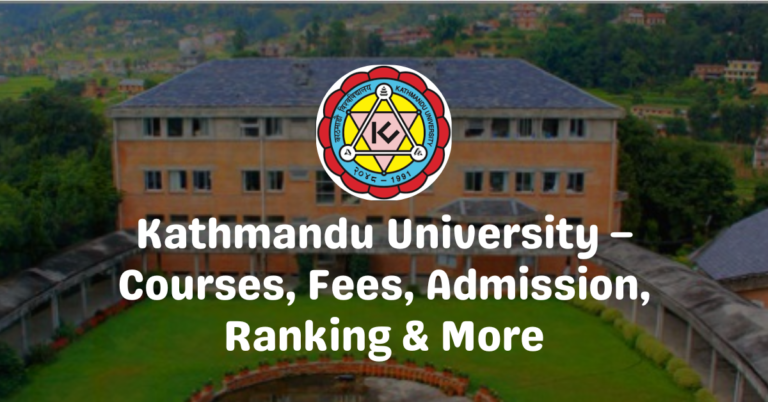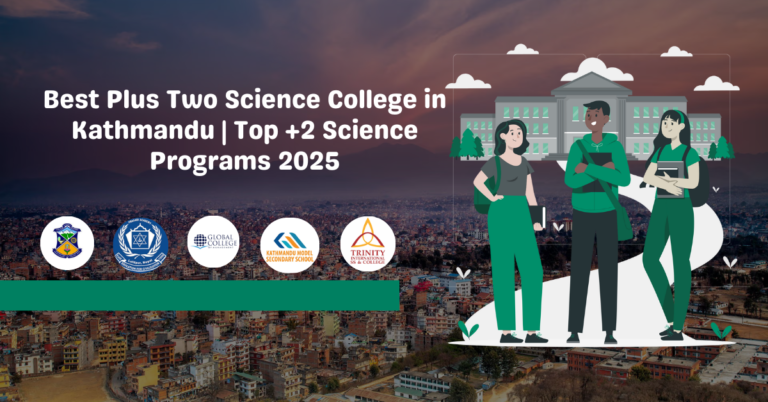What to study after SEE
The Secondary Education Examination (SEE), formerly the Secondary Level Examination (SLC), is undoubtedly the most well-liked test in Nepal. Because it opens the gateway to higher education in Nepal, the SEE exam is sometimes referred to as the “iron gate.”
The student’s permanent record includes the grades they received in each subject. The analysis of student performance will be done in relation to the accomplishment of the course’s specified objectives. For students who desire to enroll in reputable plus two colleges, grades below a C+ are not seen as sufficient. Therefore, if a student receives a low mark, he or she may take the exam again to raise it.
After completing the SEE, you must seek clarification on how to proceed with additional study, including course choices and college options. Your future will be determined by the path you take after SEE. For instance, you should enroll in Ten Plus Two Science or its equivalent with Biology as one of the major topics if you want to become a doctor. You can choose between taking the Ten Plus Two in Management or Ten Plus Two Science, or its equivalents, if you want to become a manager or Chartered Accountant (CA).
Following SEE, students can enroll in the science, management, humanities, and education tracks. The following are the programs:
- Ten Plus Two Science
- Ten Plus Two Management
- Ten Plus Two Humanities
- Ten Plus Two Education
- GCE A Level (Science and Non-Science)
- CTEVT (Diploma and Certificate Level programs)
- Ten Plus Two Science


In essence, science explains how things function and uses that understanding to improve the quality of life in the world. Our lives are made easier by science, which produces new technologies, discoveries, and inventions. Science is the field you should choose if you want to learn more about how the universe functions, the cause of the sky’s blue color, the inner workings of cells, or if you want to pursue a career in a highly specialized field like medical, engineering, natural sciences, etc.
Physics, Chemistry, Biology, Mathematics, and Computer are all covered in this two-year study. The curriculum intends to prepare students for further study in fields such as engineering, biotechnology, medicine, and technology. One of the main benefits of studying science is that, after graduating, students can go on to seek advanced degrees in any field, including management and the humanities as well as agriculture and forestry.
- Ten Plus Two Management


This course is for you if you want to pursue a career in management, entrepreneurship, or accounting. Students who successfully complete this course will have a strong foundation in accounting, marketing, business, hotel management, etc., which will prepare them to pursue further management courses.
Bachelor of Business Administration (BBA) is a well-liked management course at the undergraduate level. It is offered by both national and international universities, along with Bachelor of Business Studies (BBS), Bachelor of Hotel Management (BHM), Bachelor of Travel and Tourism Management (BTTM), and BBA-BI.
- Ten Plus Two Humanities


Humanities is like a vast hole in history where we can dig out the traditions, dialects, works of art, ways of living, ancestry, innovations, etc. It is a broad topic that focuses on humanism, hospitality, and social harmony—three fundamental human virtues. The two-year program includes a variety of courses, including literature, mass communication and journalism, rural economics, population studies, sociology, and others.
Those with a passion for establishing a career in the social sector choose this course. It combines knowledge with beauty. Even though the Humanities stream offers comprehensive and vast studies, it is regrettably ignored and taken for granted by students in Nepal who choose it for Higher Secondary Level.
- Ten Plus Two Education


The topics covered in education courses are very diverse, ranging from curriculum design and teaching methods to educational history and policy. Students get the opportunity to investigate in both teaching and learning how innovative methodologies might be used to significantly increase the quality of education.
Since teaching is nearly widely regarded as one of the most noble and respectable professions, this course is regarded as playing a crucial part in the development of society.
Like other such courses, it comes with a lot of responsibility and potential, thus practitioners need to be highly skilled in the newest methods. This course teaches both the general teaching abilities required to instruct younger students and the subject-specific knowledge required to instruct students at higher levels.
- GCE A Level (Science and Non-Science)
One of the most respected credentials for secondary level education worldwide is the General Certificate of Education (GCE) “AS” and “A” Levels of Cambridge University.
In most cases, the subject is studied over the course of two years at the Advanced Subsidiary (AS) level and the Advanced (A or A2) level. In Nepal, “A” Level is the same as Secondary (10+2), the two-year Intermediate level, or PCL/Diploma Level. After completing the course, students have the option of enrolling in medical or engineering colleges or continuing their studies in management, IT, the pure sciences, or the social sciences.
The course is offered in two streams. They are:
GCE A level- Science
GCE A level Non-Science
Physical Group (including Core Subjects Physics, Chemistry, and Mathematics) and Biological Group make up the Science stream (with Core subjects Physics, Chemistry, and Biology). Similarly, the Humanities Group and Management Group comprise the Non-Science stream, which has Core Subjects in Accounting, Business, and Economics (with core subjects Economics, Sociology ,and Psychology).
Every student must take the English exam in addition to these core exams (General Paper). Additionally, students can select one course based on their interests.
- Diploma / Certificate Level programs – CTEVT
Students may also sign up for technical education or vocational training in addition to these courses. More than 51 Diploma/Certificate/TSLC programs are available through the Council for Technical Education and Vocational Training (CTEVT) in a number of disciplines, including engineering, agriculture, hotel management, medicine, and more.
These programs are skill-oriented and seek to identify the many talents, interests, and specialties of the students while preparing them for the workforce. After completing this course, students can enroll in a variety of bachelor’s level programs.
Some of the popular Diploma/Certificate Level programs offered by CTEVT are:
- PCL Nursing – CTEVT
- Diploma in Pharmacy – CTEVT
- Certificate in Diagnostic Radiography – CTEVT
- Certificate in Medical Laboratory Technology (CMLT) – CTEVT
- Diploma in Agriculture (Plant Science) – CTEVT
- Diploma in Architecture Engineering – CTEVT
- Diploma in Agriculture (Veterinary Science) – CTEVT
- Diploma in Automobile engineering – CTEVT
- Diploma in Civil Engineering – CTEVT
- Diploma in Computer Engineering – CTEVT
- Diploma in Computer Hardware/Network Engineering – CTEVT
- Diploma in Electrical Engineering – CTEVT
- Diploma in Electronics Engineering – CTEVT
- Diploma in Food/Dairy Technology – CTEVT
- Diploma in Forestry – CTEVT
- Diploma in Hotel Management – CTEVT
- Diploma in Information Technology – CTEVT







